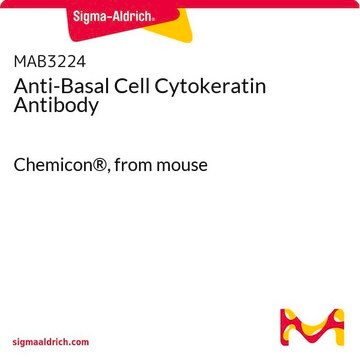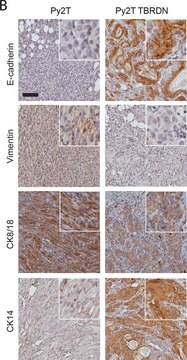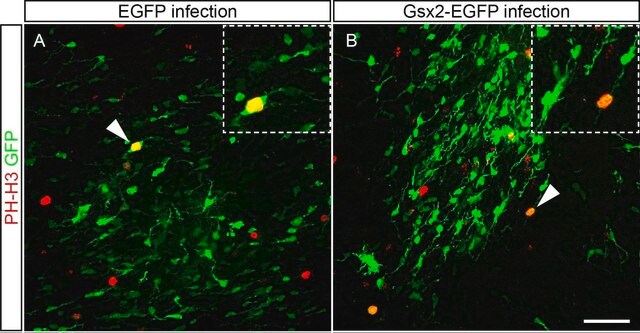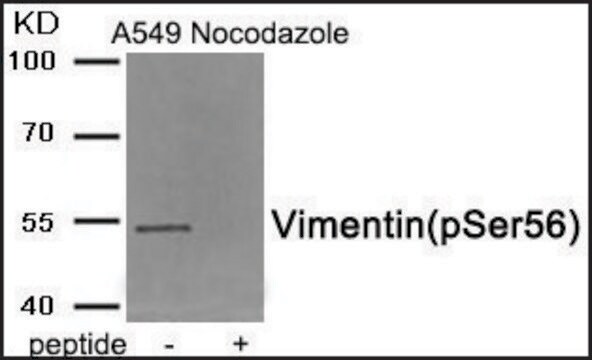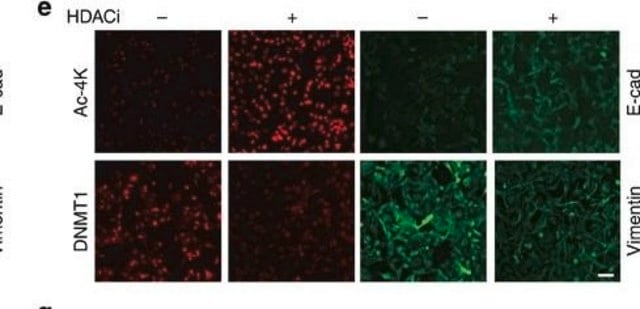SAB4200761
Anti-Vimentin Antibody

mouse monoclonal, LN-6
Synonym(s):
Anti-VIM
About This Item
Recommended Products
Product Name
Anti-Vimentin antibody, Mouse monoclonal, clone LN-6, purified from hybridoma cell culture
biological source
mouse
Quality Level
antibody form
purified from hybridoma cell culture
antibody product type
primary antibodies
clone
LN-6, monoclonal
form
buffered aqueous solution
mol wt
~58 kDa
species reactivity
rat, human, porcine, monkey, bovine, canine, mouse, rabbit, hamster
enhanced validation
independent
Learn more about Antibody Enhanced Validation
Related Categories
General description
Specificity
Immunogen
Application
- immunoblotting
- immunofluorescence
- flow cytometry
- immunoprecipitation
- immunohistochemistry
Biochem/physiol Actions
Physical form
Storage and Stability
Disclaimer
Not finding the right product?
Try our Product Selector Tool.
Storage Class
10 - Combustible liquids
wgk_germany
WGK 3
flash_point_f
Not applicable
flash_point_c
Not applicable
Choose from one of the most recent versions:
Certificates of Analysis (COA)
Don't see the Right Version?
If you require a particular version, you can look up a specific certificate by the Lot or Batch number.
Already Own This Product?
Find documentation for the products that you have recently purchased in the Document Library.
Our team of scientists has experience in all areas of research including Life Science, Material Science, Chemical Synthesis, Chromatography, Analytical and many others.
Contact Technical Service
